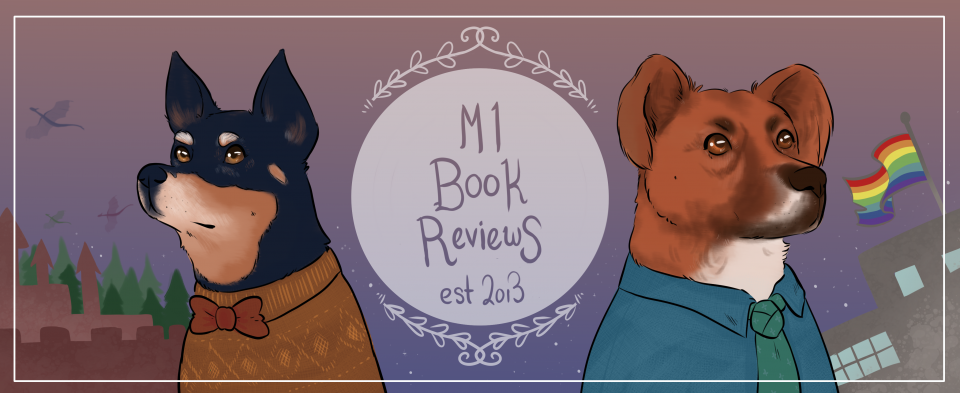Tags
“Long before people identified as transgender or lesbian, there were female husbands and the women who loved them. Female husbands – people assigned female who transed gender, lived as men, and married women – were true queer pioneers. Moving deftly from the colonial era to just before the First World War, Jen Manion uncovers the riveting and very personal stories of ordinary people who lived as men despite tremendous risk, danger, violence, and threat of punishment. Female Husbands weaves the story of their lives in relation to broader social, economic, and political developments in the United States and the United Kingdom, while also exploring how attitudes towards female husbands shifted in relation to transformations in gender politics and women’s rights, ultimately leading to the demise of the category of ‘female husband’ in the early twentieth century. Groundbreaking and influential, Female Husbands offers a dynamic, varied, and complex history of the LGBTQ past.”

I got an ARC of this book.
I have studied gender both professionally and personally for most of my life. Gender and sexuality are my two biggest research loves. I have never hidden this and I never will. This book sounded perfect for me. The title promises a TRANS history of something that has always been talked about as a lesbian history in the LGBTQ focused classes I was able to take and in the text books those classes assigned. Lesbian and trans are not mutual exclusive, but there has been friction in the communities for various reasons for decades. So I was interested to see this. I thought it would be a lot like True Sex.
Instead, the author took every chance to make this about lesbian history. If this were titled “Female Husbands: A Lesbian History” I would be ALL OVER IT. It would be a great lesbian history. The author even goes a step further and talks about the wives of female husbands which I have never seen before. This was so cool. Instead I was left thinking the author had no idea what she was talking about quite often since the title is not represented in the book whatsoever. The author self identified in the middle of a history book by saying she was a butch lesbian, which 100% cool. I get that having an identity that is relevant can be important, so now I must say I am a trans man. I have an identity that according to the title is more closely aligned with the book’s content. This book is not a trans history. This is a lesbian history that often has places where it could and should be a trans history, but it is not a trans history.
The author uses trans as a verb, which didn’t sit right with me for various reasons. She explained this away by citing someone else who came up with the idea, but it still did not sit well with me. I am asked by cis people if I am transing when they mean transitioning. So the term is already loaded for me as a trans person. To then have it applied to gender role non-conformity for what the author repeatedly implies and flat out says are lesbians makes me even less comfortable with the world choice.
Pronouns in the book were also a bit weird. The author explains the use of they/them which I can really get behind, but then in the chapter that is about a trans man in a more modern time who explicitly said they were a man and lived stealth for many years, continues to use they/them felt a bit disrespectful. I did some digging and the author also says that asking for someone’s pronouns is harmful in a piece they published in 2018. She mentions how it is harmful to trans people to misgender them, but then says that asking for pronouns and making it safe for someone to say their pronouns should not happen. The more I read the less I want to know.
This book could have been amazing. It could have been a great history, instead is just read as transphobic. Yes, there is no way to know for sure if the female husbands reported are trans or lesbian or bi or whatever else they possibly identified as. But saying a book is a trans history then repeatedly denying the chance that there is trans in the history doesn’t sit right. The epilogue literally uses outdated language to refer to a trans man. The author repeatedly refers to the wives of the female husbands as being the hidden lesbian history that no one talks about. Some of the female husbands were very probably not binary in their gender, but the majority of the ones mentioned appeared based on reading the source materiel as binary. So there is no reason to keep insisting that the wives of these very potentially trans men are lesbians, except to erase the possibility of trans men. If trans was ever really allowed as an option for these female husbands, I could overlook so much of this. The idea that they could be trans comes up a few times, but then the author doubles down on the idea of lesbian for everyone involved.
This would be a one star book, but the history and the depth that the history of the female husbands’ stories are told is impressive. The two stars is literally just for the gathering of information of a biographer. The rest of the book is just awful. I feel bad even giving it two stars.


2 out of 5 stars. I would not recommend this book.
You can buy the book here.
~Isaiah
